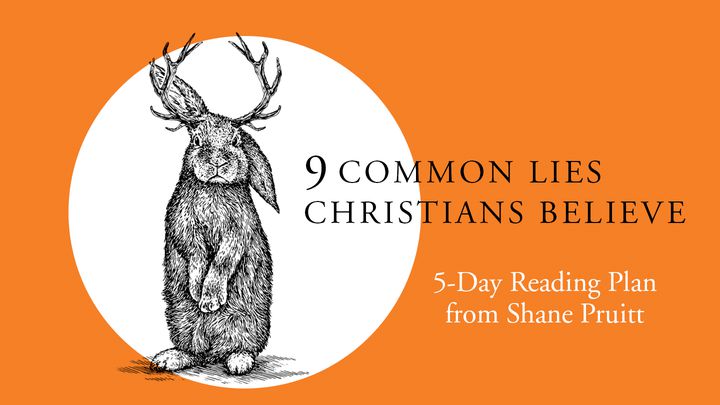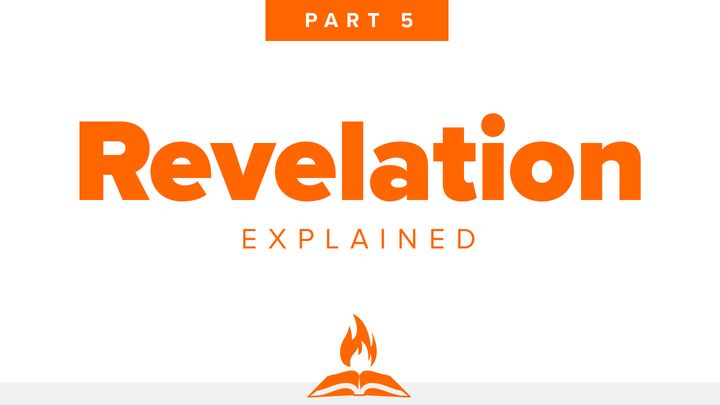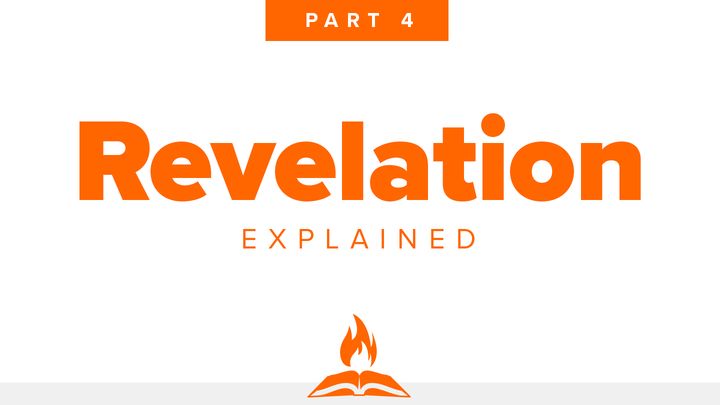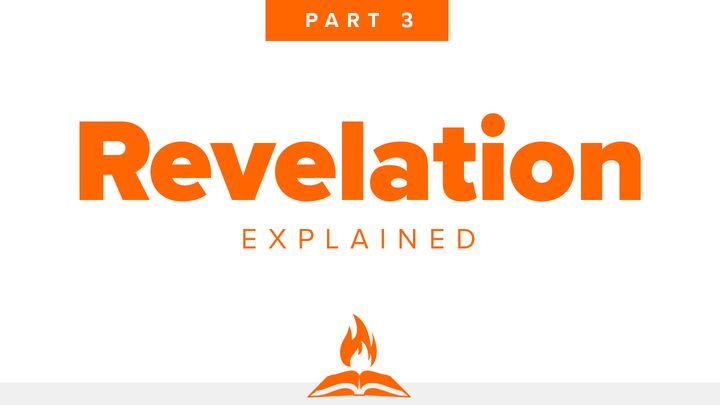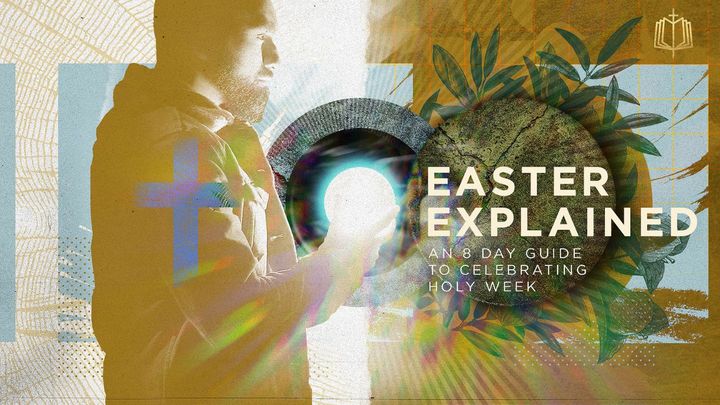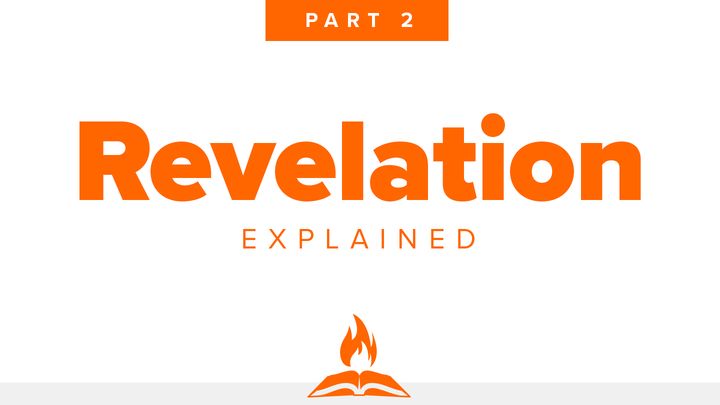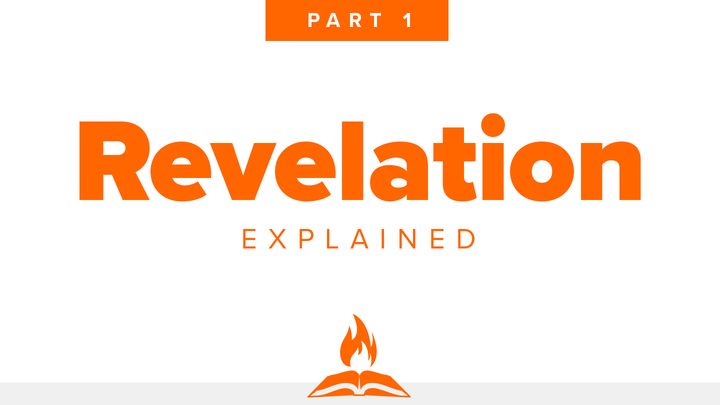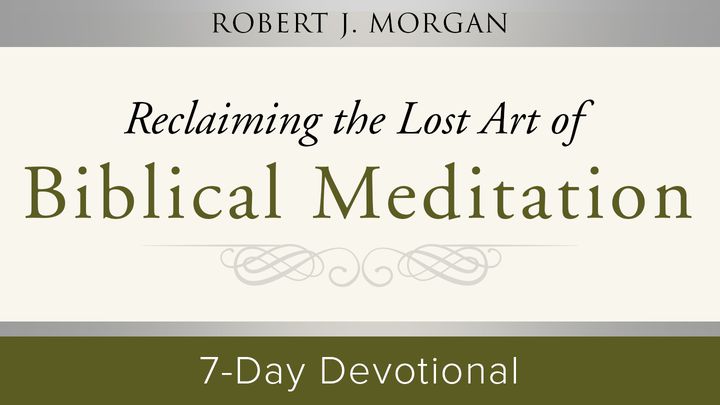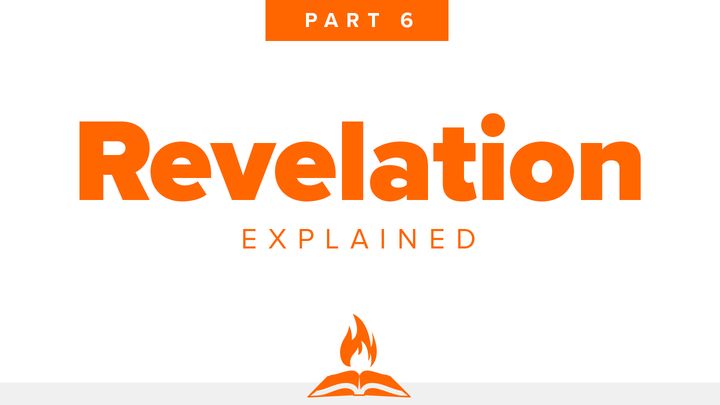
Revelation Explained Part 6 | The End As We Know It
Armageddon. Mystery Babylon. The Second Coming. The Wedding Feast of the Lamb. What does it all mean? In Part 6 of Revelation Explained, Kris Langham guides us through Revelation 16-19, including the final judgments on the world’s religious and political systems, and leading up to the climax of the entire Bible – the return of Jesus Christ. Join us for clear, relatable teaching in just five minutes each day.
About this Bible Reading Plan
Length: 7 Days
Start: May 12, 2023
Completions: 100000
Publisher:
We would like to thank Through the Word for providing this plan. For more information, please visit: throughtheword.org
About The Publisher

